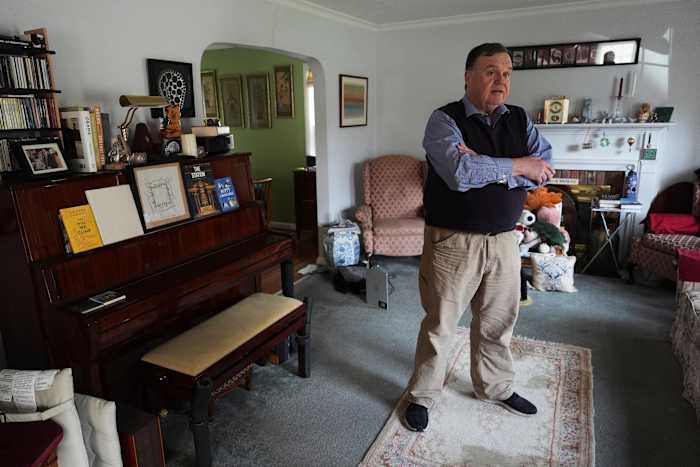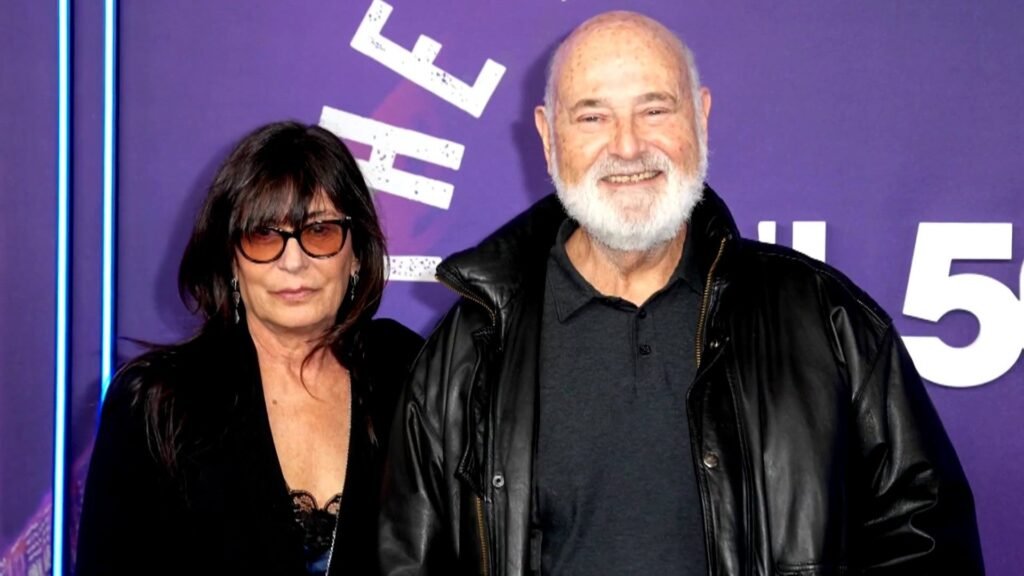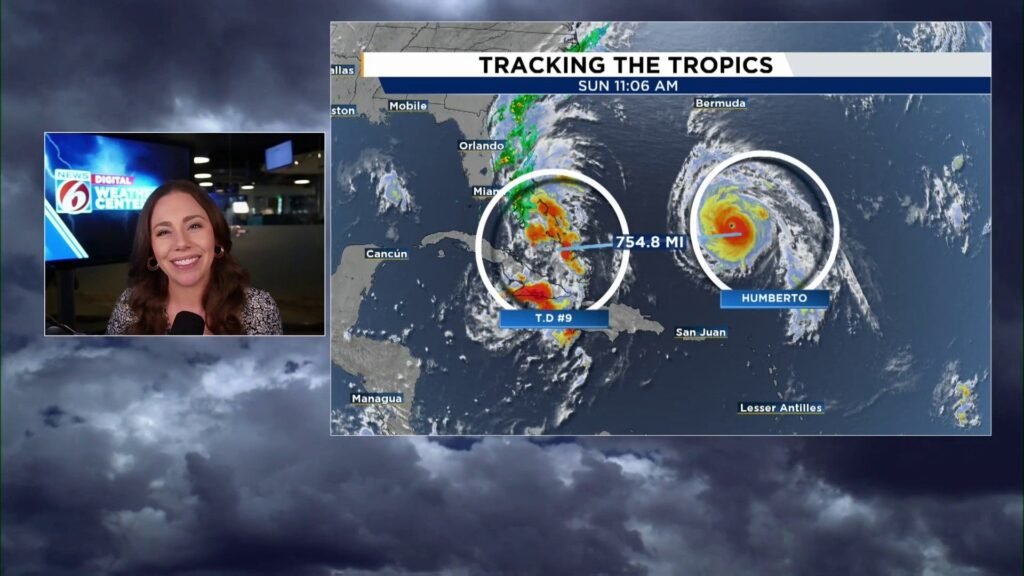Florida Surgeon General Dr. Joseph Ladapo has ignited heated debate with his outspoken opposition to vaccine mandates, a position that places him at odds with the prevailing medical consensus across the United States. In recent statements, Dr. Ladapo has gone so far as to equate government-required vaccinations for diseases like measles, polio, and chickenpox with “slavery,” a comparison that has stirred strong reactions throughout Florida—including right here in Orlando. As the state’s top health official, Dr. Ladapo’s stance carries significant weight, influencing public policy and community health outcomes. In this article, we explore the implications of Dr. Ladapo’s position, its impact on Orlando residents, and what local medical professionals have to say.
Who is Dr. Joseph Ladapo?
Dr. Joseph Ladapo is a Nigerian-born physician who has built a distinguished career in the United States, boasting credentials from some of the nation’s top medical institutions. Before being appointed as Florida’s Surgeon General in 2021, Dr. Ladapo held academic and clinical roles at UCLA and Harvard. He was chosen by Governor Ron DeSantis, largely for his critical views on some federal pandemic guidance.
Since taking office, Dr. Ladapo has consistently challenged established public health recommendations, particularly around COVID-19 and routine childhood vaccinations. His recent comparison of vaccine mandates to “slavery” has drawn national attention, raising questions about the future of public health policy not only statewide but also in local communities like Orlando, where schools and hospitals rely on high vaccination rates to protect vulnerable populations.
Vaccine Mandates: What is the Mainstream Medical Perspective?
Across the United States, the mainstream medical community—including the Centers for Disease Control and Prevention (CDC), the American Academy of Pediatrics, and the World Health Organization—emphatically supports routine vaccinations for diseases such as measles, polio, and chickenpox. These organizations maintain that vaccine mandates are critical tools in preventing outbreaks, especially in schools and crowded urban environments like Orlando.
According to these experts, vaccine requirements are not only safe and effective but also essential for protecting public health, particularly for individuals who cannot be vaccinated due to medical conditions. Mandates are credited with virtually eliminating deadly childhood diseases in the U.S.—a success story that has benefited Orlando’s schools, childcare centers, and public spaces for decades.
How Dr. Ladapo’s Stance Impacts Orlando
Dr. Ladapo’s views have already begun to influence state and local policy debates. In Orlando, where the population is both diverse and highly mobile due to tourism, vaccination rates are crucial for maintaining herd immunity and preventing outbreaks. Public health experts warn that undermining vaccine mandates could lead to the resurgence of diseases long thought to be under control.
Orlando’s major healthcare providers and local pediatricians have expressed concern about the potential consequences. “If vaccination rates dip, we could see outbreaks that threaten not just children but also medically vulnerable adults,” says Dr. Emily Carter, a pediatrician at an Orlando clinic. Schools and daycare centers may face new challenges, as parents question whether vaccine requirements will remain in place. Orlando’s reputation as a safe destination for families and tourists alike could also be at risk if vaccine-preventable diseases begin to circulate locally.
Community Reaction: Support and Criticism
Dr. Ladapo’s comments have polarized opinion across Florida, including in the Orlando area. Some residents and advocacy groups support his emphasis on personal freedom and parental choice, arguing that families should have the final say over their children’s healthcare. These supporters often point to concerns about government overreach and the importance of informed consent.
However, many in Orlando’s medical and public health community are alarmed by the rhetoric. “Comparing vaccine mandates to slavery is both historically inaccurate and dangerous,” says Dr. Maria Nguyen, an infectious disease specialist in Orlando. “It undermines trust in science and jeopardizes the progress we’ve made against deadly diseases.”
Local school boards, parent-teacher organizations, and healthcare workers are closely monitoring the situation. Some are organizing information sessions and outreach campaigns to reassure parents about the safety and necessity of vaccines, emphasizing the decades of data supporting their use.
The Road Ahead for Orlando and Florida
As Florida’s Surgeon General, Dr. Ladapo wields significant influence over state health policy. Whether his opposition to vaccine mandates will result in lasting changes to vaccination requirements remains to be seen, but Orlando’s public health leaders are preparing for potential shifts. They stress the importance of staying informed, consulting with healthcare professionals, and considering the well-being of the entire community.
Orlando residents can expect ongoing debates at school board meetings, city council sessions, and in the media. The issue is likely to remain front and center as the state navigates questions of individual rights, public safety, and the role of government in healthcare.
Conclusion: What Do You Think?
Dr. Joseph Ladapo’s outspoken opposition to vaccine mandates has placed Florida—and Orlando—at the center of a national conversation about public health, personal freedom, and the responsibilities of government. As the debate continues, community voices will play a crucial role in shaping local policy and protecting the health of all residents.
What’s your opinion on vaccine mandates and Dr. Ladapo’s comments? Do you think Orlando should maintain strict vaccination requirements for schools and public spaces? We invite you to share your thoughts in the comments below—let’s keep the conversation going
















